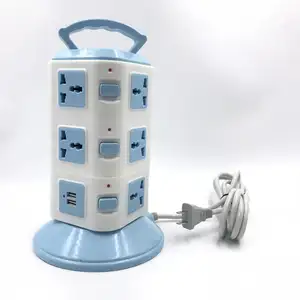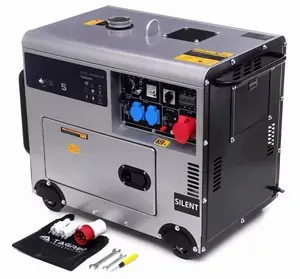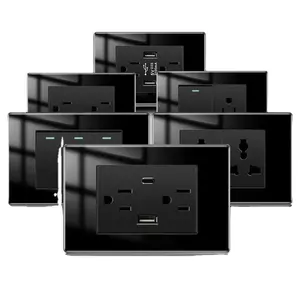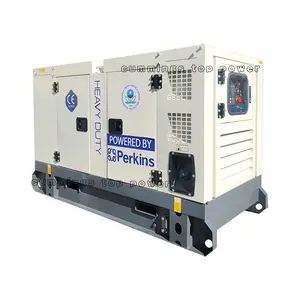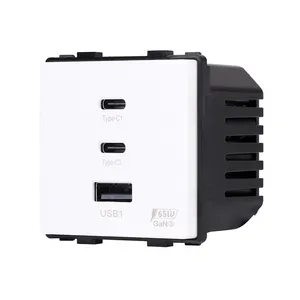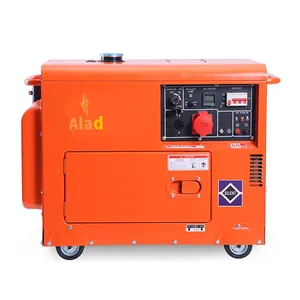Popular in your industry





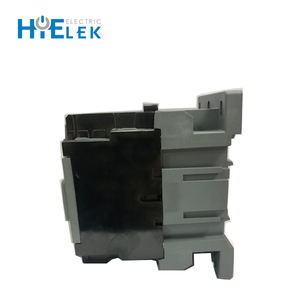






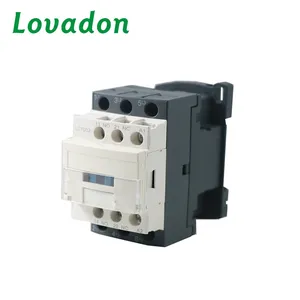

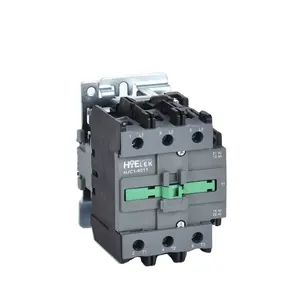


























































































































































Top categories
About 5a contactor
Understanding the 5A Contactor
Selecting the appropriate 5A contactor is crucial for the seamless operation of electrical systems. A contactor is an electrical relay used to control the flow of power in a circuit. The 5A specification refers to the maximum current the contactor can handle, making it suitable for a variety of light industrial applications.
Types and Applications
Contactors come in various types, each designed to meet specific operational requirements. The AC contactor and DC contactor are differentiated by the type of current they control. The 5A contactor is commonly employed in HVAC systems, lighting circuits, and small motors, providing the necessary control for both switching and protection purposes.
Key Features and Materials
A 5A contactor typically features a compact design, with materials chosen for durability and conductivity. Copper or silver alloy contacts ensure efficient current flow, while the insulating frame, often made from high-grade plastics or thermosetting materials, provides safety and longevity. The construction of a contactor is a balance between robustness and sensitivity, ensuring it can respond quickly to control signals without sustaining damage from regular use.
Selection Criteria
When choosing a 5A contactor, it is important to consider the utilization category, which determines the contactor's suitability for different loads and electrical characteristics. The coil voltage rating must match the site's electrical supply to prevent damage. Additionally, the mounting type and position should align with the system's design to avoid installation issues. Compatibility with mechanical and electrical accessories is also a key factor, ensuring the contactor integrates seamlessly into the existing setup.
Operational Advantages
The advantages of using a correctly specified 5A contactor include enhanced safety, as it prevents sticking and wear of contacts, and operational reliability. It is also important to note the temperature tolerance of the contactor, as some models may require additional cooling measures to operate effectively. The coil response time is another critical aspect, with a faster response time indicating a more reliable operation.
Considerations for Durability
Lastly, the durability of a 5A contactor is influenced by its design and the quality of its components. It is essential to check the maximum operational temperature and the number of auxiliary contacts, which provide additional control and diagnostic capabilities. A well-chosen contactor will offer a balance between robustness and control precision, ensuring long-term performance in its intended application.
